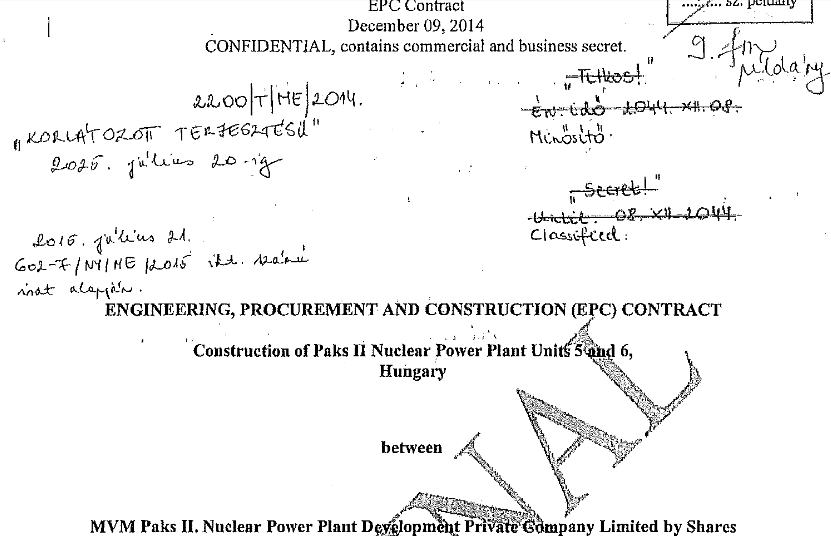During the General Assembly of Nuclear Transparency on December 11th 2019, a specific session was dedicated to interaction with Prof Gilbert Eggermont on various topics related to transparency and public participation.
Prof G. Eggermont is an expert in radiation protection and he was president of Belgian IRPA (International Radiation Protection Association). He took part in the crisis management of Mol after the waste scandal in 1988-92 where he carried out the nuclear safety and waste management evaluation. He has been member of the scientific Council of the Federal Agency for Nuclear Control (FANC), the Belgian nuclear regulator. He has chaired the Belgian Health Council working group on nuclear emergency planning after Fukushima. He is a critical expert in the governance of nuclear activities in particular in the power sector. He is in favor of transparency and participation of the public in nuclear decision-making, as NTW does. He worked a lot on technology and risk assessment with precaution in society, as well as on the compliance of the nuclear power with the criteria on sustainable development (he lead the PISA programme for integration of humanities in nuclear research in Mol).
After a brief presentation, Prof G. Eggermont exchanged with NTW members on the basis of questions they sent to him and that he prepared prior to the meeting.
What came out from this collaborative session is that the nuclear field still lacks of transparency and the tradition of secrecy is very strong. Much more is to be achieved by governments to enhance transparency and public participation in the decision making process.
–> See the minutes of the meeting: Presentation Prof Eggermont
Author: Honorine Rey has a political sciences and project management background. She is a consultant for NTW, and in this frame she is involved as a member of the coordination team in the European Joint Programme EURAD on radioactive waste management.

You must be logged in to post a comment.